Dayenu!
04/07/2015 09:03:02 AM
Passover is the jewel in the crown of the Jewish holidays. It celebrates the essential narrative of the Jewish people, the Exodus, and it offers perhaps the most meaningful Jewish ritual, the Seder. For a meaning junky like me, Passover is a feast!
Every year some aspect of our journey from slavery to freedom stands out, and this year it was the song in the Seder often song ad nauseam, Dayenu. Dayenu means “it would have been enough” and it is the refrain of a song that recounts the whole Exodus narrative, stopping each step along the way to say, Dayenu! For example:
If God would have freed us from Egypt but no split of the sea – Dayenu!
If God would have split the sea but no manna from heaven – Dayenu!
If there would have been manna from heaven but no Torah at Mt. Sinai – Dayenu!
If God would have given us the Torah but not brought us to Eretz Yisrael – Dayenu! etc…
Twenty-four years ago I was a first-year rabbinical student in Jerusalem and I had the good fortune of being at Rabbi David Hartman’s (may his memory be for a blessing) house in Jerusalem for Seder. We got to Dayenu and David asked the question: “Nu? Would it have been enough?”
I was the first to respond with a resounding “No! Who wants to drown in the sea? Who wants to starve in the desert? What kind of God would set us up for such a fall?” (I was just like the Israelites. No wonder God calls us an am k’sheh orefi/a stiff-necked people!) Rabbi Hartman was a good teacher that evening. He listened, took a moment, and then shared a teaching he heard from his teacher, the great Rav Soloveichik.
The Rav taught him that Dayenu expressed the essence of the whole Seder, which is Hoda-ah/Thanks-giving. With Dayenu we enumerate the many blessings and miracles of the Exodus and, by extension, in our own lives. So often we have so much to be grateful for, yet we often live glass-half-empty lives. We are like Shimon and Levi and the splitting of the sea. According to the Talmud, while everyone else was in awe of the miracle, Shimon and Levi were complaining about the mud on their shoes!
Nice and profound teaching but I must confess that at the time it did not satisfy my yearning for redemption, my desire to have it all now! The promise of the future – now!
Twenty-four years have passed since my Seder with Rabbi Hartman, and it is easier for me to see the wisdom in Soloveichik’s teaching; to recognize the Dayenus in my life. Like when we marched the Torahs from our old location on Yulupa to what was then our new building. Dayenu!
Or, watching kids from our religious school writing letters in our own new Torah. Dayenu!
Or celebrating 18 years of being your rabbi. Dayenu!
These are some of my Dayenu moments. You have yours, as well. In fact, a long time member of our community described one of her Dayenu moments just the other day. She was walking around the Laguna de Santa Rosa and was suddenly overwhelmed by a sense of wholeness and connection with the Ground of All Being. She said, in that moment “I knew that God was real.” Dayenu!
Rav Soleveitchik, through Hartman, brought us a good teaching but I think there is more. The Hagaddah takes us from slavery to freedom. That’s the promise; but do we every really get there?
For centuries we have said “shannah habaah b’yerushalayim/Next year in Jerusalem” and even today, with Jerusalem as the capital of Israel, we really are not home yet. The fact is, going back to the words of Dayenu, we do drown in the sea, we do starve in the wilderness, Torah, meaning in life, is often elusive. That is what makes the message of Dayenu so crucial; if we don’t recognize the small redemptive moments, life becomes unbearable and hopeless. To say Dayenu is to affirm life and the Giver of Life even in the face of death. To say, as the great poet/singer-songwriter Leonard Cohen does, “even when it all goes wrong I’ll stand before the Lord of song with nothing on my tongue but Halleluyah.”
You see, Dayenu represents a serious and deep spiritual practice of gratitude. Easy to sing the words at the Seder, much more challenging to live out the meaning of the words the rest of the year.

